DAMASCUS (news agencies) — At Damascus’ international airport, the new head of security — one of the rebels who marched across Syria to the capital — arrived with his team. The few maintenance workers who showed up for work huddled around Maj Hamza al-Ahmed, eager to learn what will happen next.
They quickly unloaded all the complaints they had been too afraid to express during the rule of President Bashar Assad, which now, inconceivably, is over.
They told the bearded fighter they were denied promotions and perks in favor of pro-Assad favorites, and that bosses threatened them with prison for working too slowly. They warned of hardcore Assad supporters among airport staff, ready to return whenever the facility reopens.
As Al-Ahmed tried to reassure them, Osama Najm, an engineer, announced: “This is the first time we talk.”
This was the first week of Syria’s transformation after Assad’s unexpected fall.
Rebels, suddenly in charge, met a population bursting with emotions: excitement at new freedoms; grief over years of repression; and hopes, expectations and worries about the future. Some were overwhelmed to the point of tears.
The transition has been surprisingly smooth. Reports of reprisals, revenge killings and sectarian violence have been minimal. Looting and destruction have been quickly contained, insurgent fighters disciplined. On Saturday, people went about their lives as usual in the capital, Damascus. Only a single van of fighters was seen.
There are a million ways it could go wrong.
The country is broken and isolated after five decades of Assad family rule. Families have been torn apart by war, former prisoners are traumatized by the brutalities they suffered, tens of thousands of detainees remain missing. The economy is wrecked, poverty is widespread, inflation and unemployment are high. Corruption seeps through daily life.
But in this moment of flux, many are ready to feel out the way ahead.




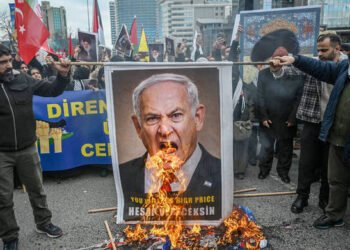
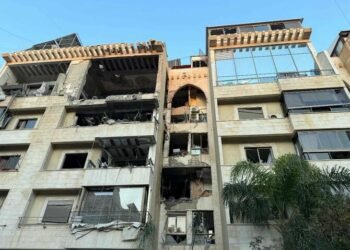
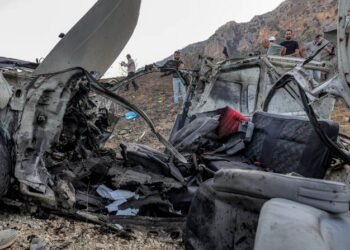
 United Arab Emirates Dirham Exchange Rate
United Arab Emirates Dirham Exchange Rate

